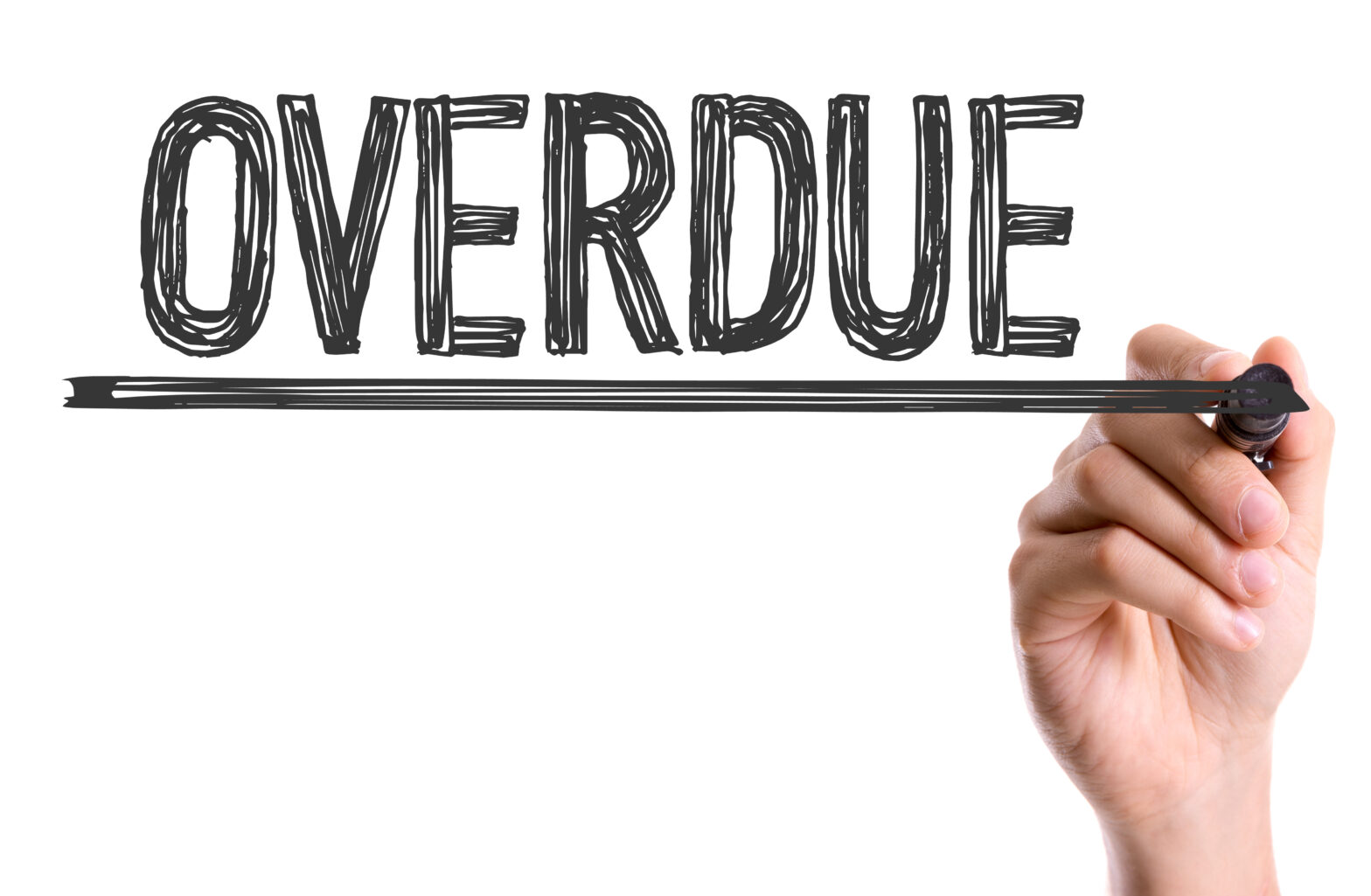Will someone else deal with it?
Disputes can be contractual or tortious. For most small businesses, disputes will be contractually based and are unlikely to be covered by insurance policies. Claims in negligence are more likely to be covered by insurance policies. Therefore, the first thing a business must do upon becoming aware of a dispute is to establish whether there is an insurer who will pick up the claim and the legal costs of the claim. This article is restricted to contractual claims. For tortious claims not covered by insurance, I really would encourage you to have a lawyer deal with it from the start.
Is this the right place for an argument?
Do you have a dispute? I would define a dispute as where one or more parties to a contract refuses and/or fails to comply with their contractual obligations. That might be as simple as the paying party failing to pay or the servicing party failing to serve. Equally, it may be a combination of the two. Knee jerk reactions to refusal to perform are best avoided.
Having established that there is a contractual obligation which is not being complied with, and that the dispute itself will focus on attempting to achieve compliance with that obligation, an analysis of the contractual documentation is necessary. If you are lucky, there will be a specific dispute resolution clause in the contract which provides a blueprint for how any disputes should be resolved.
These clauses can be extremely useful, setting out that on the emergence of a dispute, senior management must at least try to discuss, on a ‘without prejudice’ basis, whether the matter can be resolved amicably. Some such clauses provide an escalation to an independent expert and mediation before either party is at liberty to seek the Court’s intervention. These processes can be extremely useful as they are usually on a without prejudice basis with a view to resolving the dispute. Frankly, you can pretty much say whatever you like during your without prejudice process so long as it is covered by the umbrella of ‘attempting to resolve the dispute’.
Even without a specific contractual right to dispute resolution, it is probably worth suggesting to the senior management of the other party that an informal discussion takes place in order to try and narrow the issues and determine exactly where the problem lies. Setting up this chain of communication can often be the secret to an early resolution.
Beware the temptation to argue yourself
Too often, by the time disputes arrive on my desk, various pieces of correspondence have been brought into existence. Most of them arguing the law of ‘fairness’ without any real legal basis for the conclusions they reach. Most of the time such correspondence can be worked around and so, to some extent, it is perhaps not such a bad thing that a certain amount of ‘layman’s law’ be deployed. However, there can be problems which cannot be solved, especially factual admissions and open offers of settlement. The trouble with this is that it can be time consuming, costly and frustrating for both parties to the dispute because ultimately the lawyers will have to start from scratch. Like it or not, the best way to navigate a dispute is not to irritate the other side as it is likely to polarise views – often for not very good reasons.
That said, if you have a good point to make on an open basis, then using the expression ‘without prejudice’ can neuter it of any legal significance.
And if all else fails
Sometimes such processes are not effective and it becomes necessary to instruct lawyers. If that becomes the case then there is nothing a lawyer likes better than to have a complete set of all the papers in chronological order (even if you do not think documents are relevant it is better to have more which can be flicked over quickly than less with apparent holes in the chronology).
A witness statement setting out the history and referring to relevant documents is priceless. Too often cases proceed on mistaken assumptions as to the facts and/or facts which are collated in various conversations with your lawyer over time. If you can provide the story and the documents in an organised fashion then this will save you significant amounts of legal fees. It also has the added advantage of forcing those involved to record the story in writing. (I have witnesses sign such statements right at the start). It is unfortunately the case that a significant portion of the costs of litigation surrounds collating/correcting the facts and the more that you can do of that process the less your solicitor will need to invoice you for completing that task.
Click here for more information about how to disagree constructively in business





